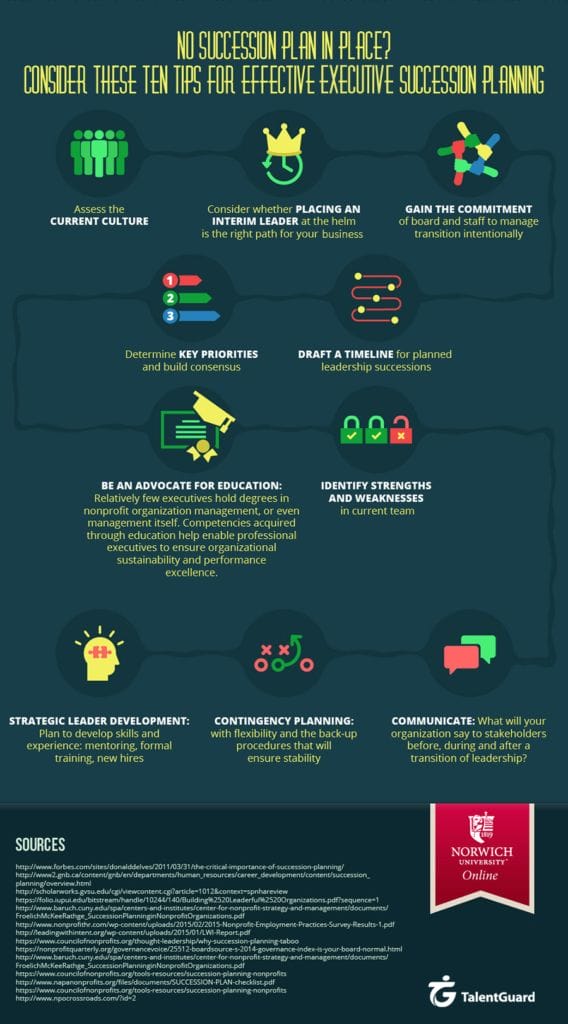Why Succession Planning Matters
Why Succession Planning Matters
Succession planning is a critical component for the long-term success and stability of any organization, yet surprisingly, a recent study revealed that 50% of companies with revenue exceeding $500 million lack a proper CEO succession plan. This statistic highlights a significant vulnerability within large organizations, where the absence of a clear succession strategy can lead to uncertainty and instability.
The importance of succession planning extends far beyond simply filling a vacant leadership position. It’s about ensuring that the organization’s mission, values, and culture are preserved and carried forward, even during times of transition. Without a well-thought-out succession plan, a company risks not only its brand and culture but also the confidence of its stakeholders, including investors, board members, and employees.
When a company lacks a designated successor for key roles, particularly the CEO, it creates a sense of unease among stakeholders. Investors may lose confidence in the company’s ability to maintain its strategic direction, while employees might feel uncertain about their future within the organization. This can lead to decreased morale, increased turnover, and ultimately, a loss of competitive advantage in the marketplace.
Effective succession planning involves identifying and developing potential leaders within the organization, ensuring they are prepared to step into key roles when the need arises. This proactive approach not only secures the future of the organization but also fosters a culture of growth and development, where employees are motivated to advance their careers and contribute to the company’s success.
To fully understand the significance of succession planning and how it can safeguard your organization’s future, explore the infographic below. It provides valuable insights into why succession planning matters and how it can be effectively implemented to ensure leadership continuity and organizational resilience.
To learn more about the importance of succession planning, check out the infographic below.



See a preview of TalentGuard’s platform
The Key to Effective Succession Planning
Key to Effective Succession A key to effective succession planning is essential to all organizations because they are always changing, and CEOs and executives can leave in a hurry. Replacing them can be a lengthy and frustrating process that often takes far longer than any board member might expect. Even companies with a formal succession planning process […]
How Executive Compensation Improves Succession Planning
How Executive Compensation Improves Succession Planning Executive compensation packages and succession planning remain unlinked (and separately managed) in many of today’s organizations. Companies that bring the two together, however, are beginning to get some real attention, and there’s a good reason for that. It works. Companies with more incentives tend to perform better overall, and […]
Succession: Internal or External for Critical Transitions
What Is Succession Planning? Succession planning identifies and develops employees to fill key organizational roles when leadership or critical talent transitions occur. It ensures business continuity, reduces disruption, and maintains operational stability by preparing employees for future leadership positions. Companies can engage in internal succession planning, where existing employees are groomed for higher roles, or external succession […]



